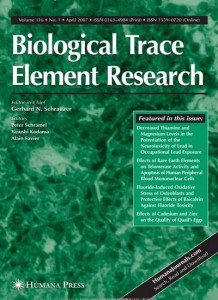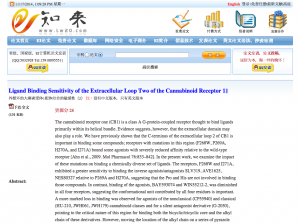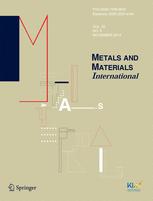 A former Vanderbilt University biomedical engineer committed fraud on a massive scale, according to a new Office of Research Integrity (ORI) report.
A former Vanderbilt University biomedical engineer committed fraud on a massive scale, according to a new Office of Research Integrity (ORI) report.
Igor Dzhura is banned from receiving federal funding for three years, and is retracting six papers, which have been cited more than 500 times. Since leaving Vanderbilt, he has worked at SUNY Upstate Medical University, and now works at Novartis.
According to the ORI, Dzhura was a busy boy at Vanderbilt, faking images and drastically inflating the number of experiments he conducted by duplicating computer files and saving them in nested folders. The total body count from his work includes: Continue reading Updated: Former Vanderbilt scientist faked nearly 70 images, will retract 6 papers: ORI








